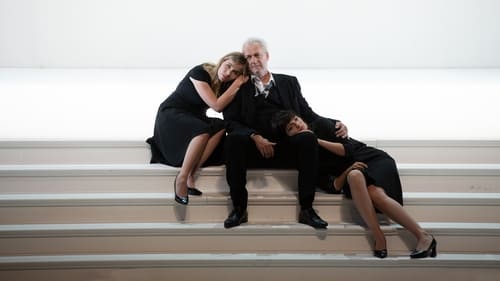
co-production with the Teatro Real (Madrid).

La Grande-Prêtresse de Diane
In October 1733, the audience at the Académie Royale de Musique witnessed the birth of a revolutionary work: Hippolyte et Aricie. With its inventiveness and musical richness, Rameau’s opera marks a break in the history of French music. A similarly revolutionary duo – Jeanne Candel and Raphaël Pichon – get to grips with this work for the Opéra Comique.

Vénus

Despina
As Christof Loy put it: Così fan tutte invites us to embrace the complexity of life and face the future with heads held high. In his staging of the version he abridged with Joana Mallwitz for the Salzburg Festival 2020 the focus is wholly on the figures and the subtle choreography of their emotional states — in a space that like a magnifying glass exposes the intricate mechanisms between the characters. In this way the production leads the protagonists and the audience to experience the ‘serene calm’ that can perhaps indeed cure our own ‘distempers’.

Sopran

Amour
Amour, the messenger of the gods, tells Orpheus that he may descend to the underworld and return with Eurydice. His singing has the power to appease the Furies and animate the blessed Shadows. Yet, his voice cannot reassure Eurydice who despairs of the feigned indifference of Orpheus, put to the test by Jupiter. Raphaël Pichon conducts the opera of operas and Aurélien Bory displays the giddiness of the mental and supernatural spaces traveled by Orpheus and beyond. Marianne Crebassa plays a new breeches role with Hélène Guilmette (Hélène in Le Timbre d’argent) and Lea Desandre (the title role in Alcione).

In celebration of Monteverdi’s 450th birthday in 2017, Paul Agnew—an expert in the Italian composer’s œuvre—directs L’Orfeo. This founding masterpiece of lyric opera is brought to life in elegant simplicity through the performances of Cyril Auvity’s Orpheus and Les Arts Florissants, with costumes designed by Alain Blanchot.



